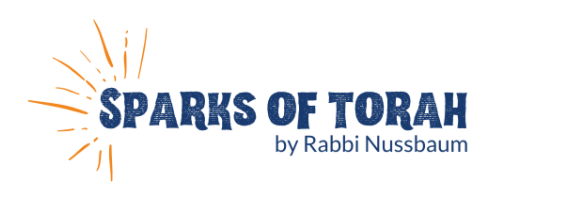VOLUME 106 NUMBER 3
Sivan 13, 5783
June 2, 2023
PARSHAS NASSO
Candlelighting Time 8:04 PM
The Princes of the tribes of the nation made huge donations venerating the inauguration of the Mishkan. It is interesting to note that they each brought the exact same contribution although the intent of each and every one was different! They were introduced as the Princes of the tribes who participated in the counting of the people in the previous parsha. Why is it necessary to point out that they assisted Moshe and Ahron in that census? Were their gifts presented as a result of that process? It doesn’t seem that there is a connection.
Ponim Yafos provides a depth of understanding which offers an insightful perception of the idea of the different tribes and the formation of the four encampments that surrounded the external area around the Mishkan. Superficially, it would appear that Moshe, Ahron and the heads of the tribes were the personnel that participated in the construction of the Mishkan and its many details. The vast majority of the nation were seemingly only peripherally involved in its development and eventual set up. Of course, there were many artisans and craftsmen working on various projects. And of course, everyone participated in donating the necessary raw materials for the construction of the Mishkan. But were they intimately as involved as Moshe and the others? We would not assume so and that distancing between the people and the Mishkan was not a positive situation. The leadership role that the princes accepted were not simply that they were figureheads and their names were printed on their respective tribes’ stationary. Actually, it was much more profound than that. Their preeminence incorporated and embraced the totality of their particular tribes. Each tribe had a specific quality and distinction that they brought collectively to the enhancement of the nation in general. Hence, we may extend this concept even further and state that the involvement of each leader impacted every member of their community. Therefore, each individual was invested and ‘participated’ in the finality of the Mishkan. This is what the Torah is expressing when emphasizing that the leaders who participated in the census brought their sacrifices at the inauguration of the Mishkan. Although it was an individual act of each prince, however, the entire tribe was integrated into their effort and therefore were effectively participating in the inauguration.
Rashi adds a caveat to this that when the princes initially donated the wagons and oxen for the Levites to carry their burdens when the Mishkan was travelling, then it occurred to them to bring these particular sacrifices. How can we understand that connection between the donation for the Levites and the donation for the Mishkan in general? Perhaps this is the very point. The Mishkan was the repository for the Heavenly Presence amongst the nation in the desert. Certainly, to merit that we must be on a level that is gratifying to Hashem to reside amongst us. If the entire community participates in the Mishkan, can we assume that the global level of the nation warrants that experience. Maybe the Mishkan’s prominence would only allow for that to occur if only the exceptional people would be involved. Initially the participation of the general public only extended to the transportation of the Mishkan in their travels in the desert. Certainly, that was important but it did not actually address the ongoing functioning of the Mishkan. And even that required that Moshe ‘consult’ Hashem and receive confirmation that it is permissible. However, once that bridge was crossed, then the princes realized that it was a real possibility that the entire nation could be involved in the Mishkan and not just for its mobility but for its functioning as well. Therefore, they went to the next step and donated their respective sacrifices and in doing so amalgamated every single person in the nation with the Mishkan and its mission.
A BYTE FOR SHABBOS
The sacrifices of the Princes were all done equally and therefore any strife or friction was avoided. The Midrash comments that this cooperative attitude was so ‘appreciated’ by Hashem that He in turn presented them a gift. One of the days was Shabbos and Hashem allowed the sacrifices to be offered on Shabbos although normally it would have been prohibited.
CHOFETZ CHAIM
GOOD SHABBOS


